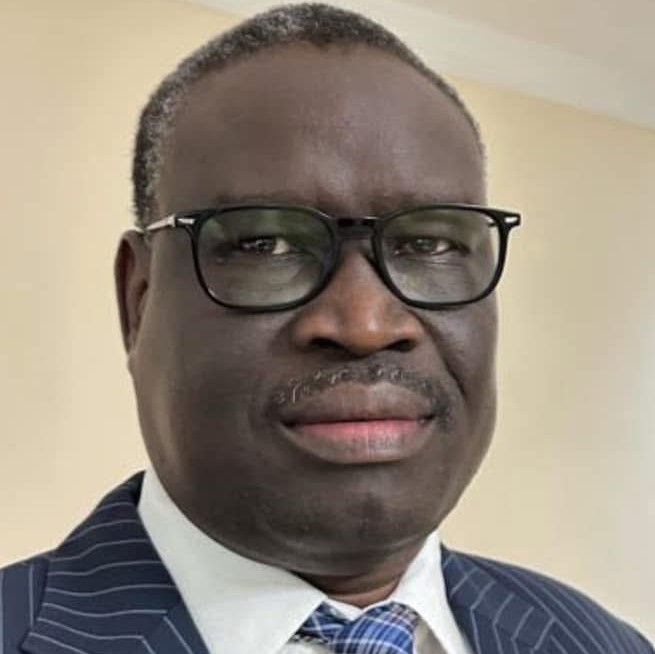South Sudan’s crisis cannot be reduced to leadership failures or individual corruption. At its core lies a pre-national mindset—a set of cognitive and political orientations shaped by decades of war, patrimonial authority, and weak institutionalization. This mindset explains why political elites continue to govern through militarized command, ethnic patronage, and resource extraction rather than institutional accountability.
The SPLM/A’s origins as a liberation army embedded a militarized rationality into politics. Authority is still exercised as command, not negotiation, and critique is equated with rebellion. Max Weber’s typology of authority is useful here: While South Sudan inherited the form of legal-rational bureaucracy, in practice its governance is defined by neo-patrimonial domination, where loyalty to leaders prevails over adherence to rules. Political offices become extensions of the “big man” rather than nodes of institutional authority. In the absence of strong institutions, ethnic affiliation becomes the primary source of political legitimacy.
Ernest Gellner’s insight that “in low-institutional environments, high-loyalty groups compensate for weak bureaucracies” explains why ethnic identity substitutes for citizenship. Political elites mobilize their constituencies not as national citizens, but as kin-based collectives competing over state rents. This reinforces a zero-sum logic in which state capture by one group is perceived as exclusion by others.
South Sudan’s oil economy is managed through what Acemoglu and Robinson (2012) describe as extractive institutions—systems designed to concentrate wealth and power in the hands of elites while systematically undermining accountability. Oil revenues are privatized into patronage networks, financing a political marketplace in Alex de Waal’s sense, where loyalty is purchased through cash, positions, and arms. Such transactional politics, while functional in the short term, undermines the possibility of building sustainable national institutions.
Perhaps the deepest crisis is the absence of a binding social contract between rulers and the ruled. Joel Migdal’s “state-in-society” framework explains this condition: in South Sudan, the state is too weak to impose rules, and instead societal actors—militias, clans, and churches—dominate the state. As a result, the government is perceived less as a provider of services than as a predator to be resisted or avoided. This has institutionalized a psychology of survival and fear, where citizens retreat into ethnic enclaves and leaders justify authoritarianism through liberationist rhetoric.
Unless South Sudan transitions from this prenational mindset to an institutional mindset, the cycle of suffering will persist. By institutional mindset, we mean one where objective, rule-based institutions replace kinship-based authority and militarized command. As Everett Hagen’s theory of social change suggests, development requires societies to abandon traditional patterns of authority and embrace organizational forms capable of sustaining innovation, trust, and cooperation.
South Sudan’s survival as a state depends on its ability to institutionalize such objective rationality in governance, transforming political power from personalized domination into national trusteeship.
The writer, Samuel Peter Oyay, is a South Sudanese political activist, strategist, and commentator with over two decades of experience in governance and management. He can be reached via samualjago@yahoo.com
The views expressed in ‘opinion’ articles published by Radio Tamazuj are solely those of the writer. The veracity of any claims made is the responsibility of the author, not Radio Tamazuj.




